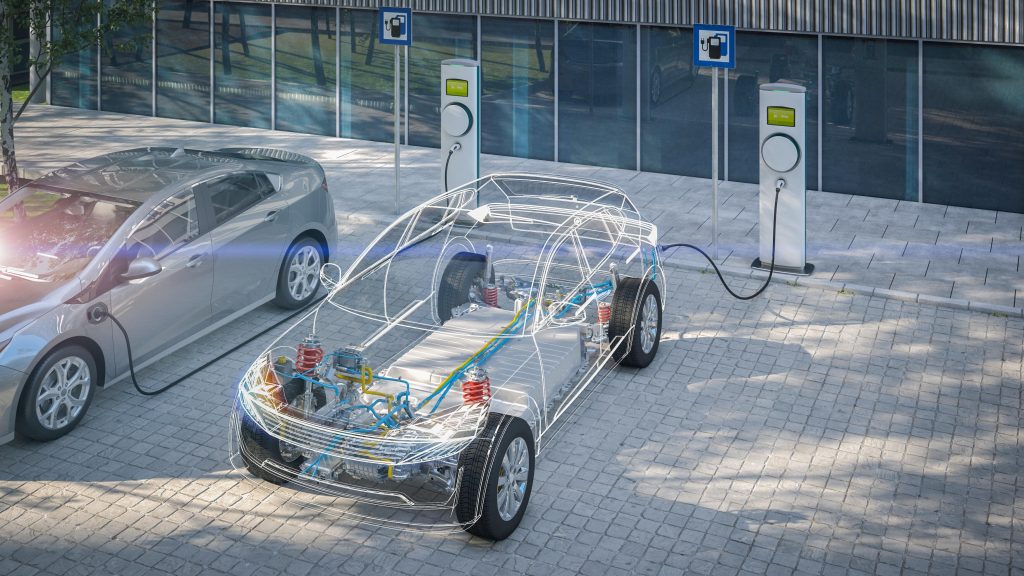The clock is ticking for Windows 10 users. With Microsoft’s official End of Support (EOS) deadline looming in October 2025, South Africans are being…
Up to R1m up for grabs in the uYilo eMobility Programme Kick Start Fund

Established in 2013 as an initiative of the Technology Innovation Agency (Act 26 of 2008), the uYilo eMobility Programme is a multi-stakeholder programme that aims to enable, facilitate and mobilise electric vehicle mobility in South Africa.
This multistakeholder programme has opened applications for the 2022 uYilo Kick Start Fund, which offers up to R1 million in grant funding. Priority will be given to e-mobility startups and related projects that have established activities in uYilo’s focus areas:
- Energy Storage Technologies;
- Electric Vehicle Systems;
- Charging Infrastructure within Smart-Grids;
- Connected Car, and/or
industry projects that will lead to, local manufacturing of a product or, delivery of a service or, support public transportation.
The development of a local e-mobility value-chain is the key outcome of the uYilo Kick Start Fund initiative
The grant funding is focused on applied research that will accelerate Technology Readiness Levels (TRL). The project must also positively contribute to the advancing of the eMobility sector in the country and related applied R&D activities and should:
- Lead to the creation of eMobility products, processes or services that can be commercialised; or
- Solve a critical problem that is a barrier to the development of the eMobility industry; or
- Show potential for further investment
In December 2021, the programme was awarded funding within the Smart Energy Solutions for Africa (SESA) project that falls under the Horizon 2020 Framework Programme for “Building a low-carbon, climate resilient future: Research and innovation in support of the European Green Deal”. The European Union-funded SESA project was created to improve access to sustainable energy under affordable, reliable conditions – while mitigating climate change.
Some of the previously funded projects include charging solutions, battery systems, motors, electric vehicles, remote monitoring systems and inverters.
Applications must be received by midday on 31 January in order to be considered for funding. Each applicant will then be evaluated for possible shortlisting to pitching sessions before final contracting for funding.
Read more: Local car tech startup launches SAs first electric bakkie
Featured image: Herr Loeffler | Adobe Stock

